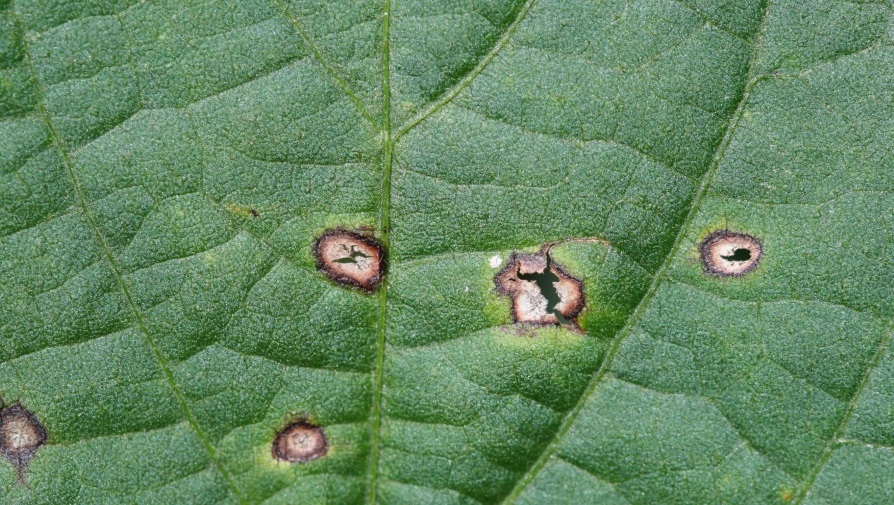Adoption Insight
Retailers that sell precision services to growers always face the challenge of showing provable benefits to the potential customer. This is especially true when selling to growers who are new to precision technology. This winter, The PrecisionAg Institute, a precision technology advocacy association managed by the CropLife Media Group, sponsored an in-depth grower research project focused on the adoption of precision technology in the major row crops — corn, soybeans, wheat, and cotton.
Among the myriad findings from the research are insights into what drives adopters to use the technology, and what repels non-adopters. Louis Chavez of Institute research partner dmrkinetic conducted the focus group phase of the research, and he shared some thoughts on the growers’ precision agriculture mindset in a recent interview:
Q: In doing the research, what do you think were the key attitudinal differences between grower-adopters and non-adopters?
A: In my opinion, adopters seemed very excited and enthusiastic about using this technology. I remember one gentleman using the word “passionate” when describing how he felt about the technology. In my opinion, adopters are much like leaders who have a vision and can see beyond the present situation. They talked in terms of successes they currently have, but realize that they will see even greater benefits down the road. While only a few would describe themselves as first adopters, the feeling I got is that they are willing to make the large investment now, knowing that they will reap even greater rewards in the long run. I also sensed somewhat of a competitive attitude among this group.
In my opinion, non-adopters seemed much less optimistic about what technology could do for them. They seemed more deliberate and cautious in describing the benefits of precision agriculture technology. Maybe skepticism is a better word. I sensed that they do not trust technology or what technology can do for their operation. They would much rather rely on the methods (non-technological), which they have used over the years, rather than make a large investment for something they feel may not work for them.
Q: When talking to non-adopters, did you perceive any “openings” for retailers who offer precision agriculture services to discuss these services?
A: The fact that this group was willing to participate in open discussions about precision agriculture technology shows that they are open to the idea. They may need a little more hands-on training, but many of them left the door open for more information.
I believe that sales personnel who serve non-adopters need to be viewed as something other than salespeople trying to sell something. These individuals want someone to come alongside of them and show them how technology can help specifically with their operation. They have fear, anxiety, and are very skeptical. One gentleman expressed: “How can this help my operation?” I think that’s the key for sales people. It may even be helpful for sales personnel to partner with current users planting the same crop and work with non-users to help them better understand the technology.
Q: Cost is most often pointed to as a barrier, but is this really the main factor? What else is in play for non-adopters?
A: Cost is definitely a factor and concern for non-users so I believe it’s important that this barrier be addressed. While it may not be possible to lower costs, it is possible to offer incentives and other package-priced marketing. One adopter mentioned that grants may be available to growers, and he explained that he received one. Information such as this is important to help non-adopters overcome the price hurdle.
Additionally, profitable return on the initial investment is very important to non-adopters. Somehow, non-adopters must be convinced that this technology, under most circumstances, will pay for itself in the long run. The only way to do this is to educate them on how it can improve their operation. Showing non-adopters data using farms similar to their farms and possibly doing tests with the technology in their operation are important in educating them on the benefits. I believe that non-adopters’ lack of understanding on “how this technology works” and how it can save them money are two of the primary barriers that must be addressed in addition to cost. I believe that if non-adopters were shown how their initial investment would pay for itself in lower input costs and greater yields, they would be more willing to adopt this technology.
One other point that must be addressed is the longevity of the system. Several non-adopters expressed concern that what they purchase in the way of technology today would be obsolete one or two years later.
Q: What would be the best course of action for a retailer that is looking to improve service sales success to non-adopters of precision agriculture (segmenting by relevant factors, technical aptitude, etc.)?
A: I think your points are important and valid. I would add geographic location to that mix. Several non-adopters as well as adopters said that software and technology is often developed using the Midwest farm as the template. Those who do contour, dry-land, and terrace farming do not feel that this technology meets their needs.
Some additional segments could include: type of crop grown, years of farm experience, and attitude toward technology in general. I realize that it may be cost prohibitive to create educational seminars for all of these different segments, but it would make growers feel that retailers are truly trying to meet their individual needs






